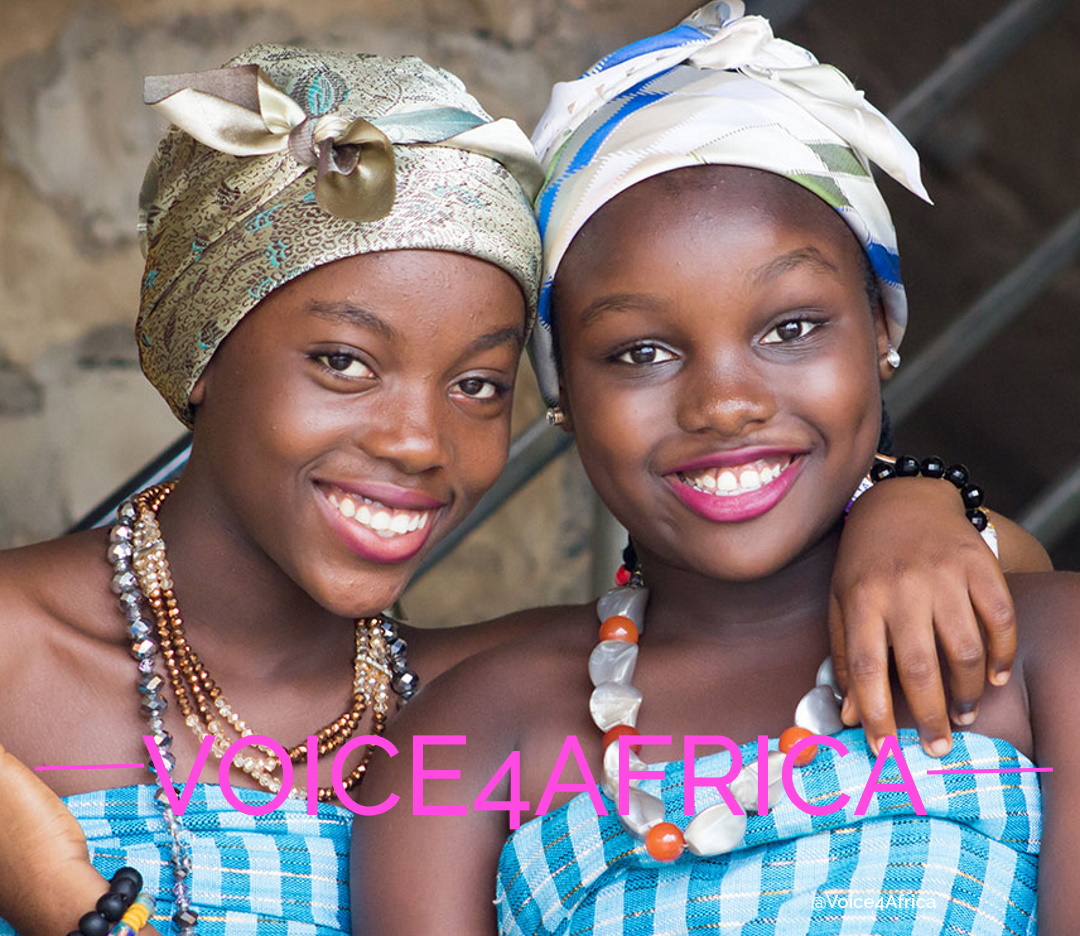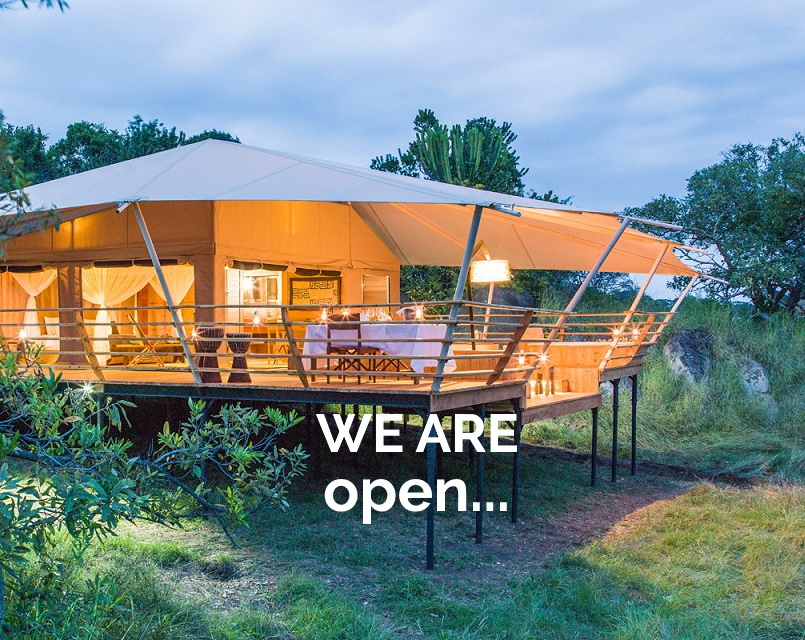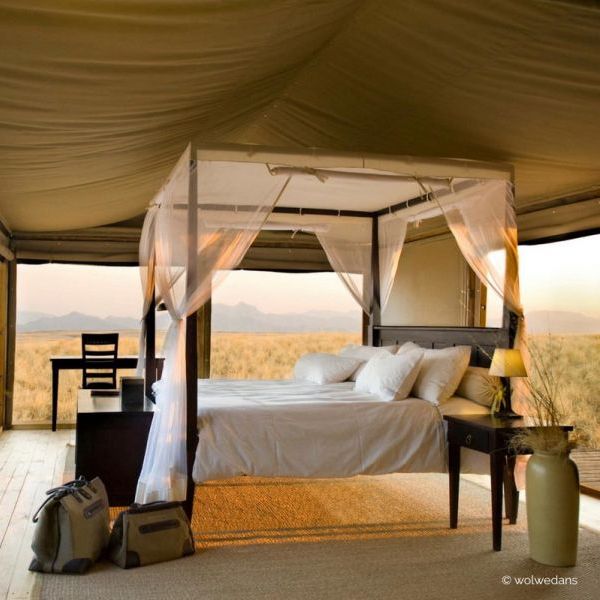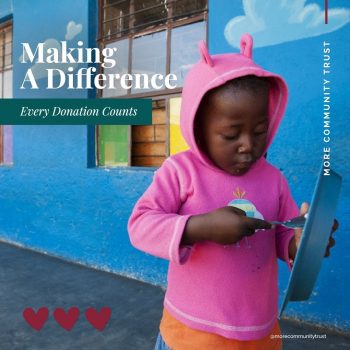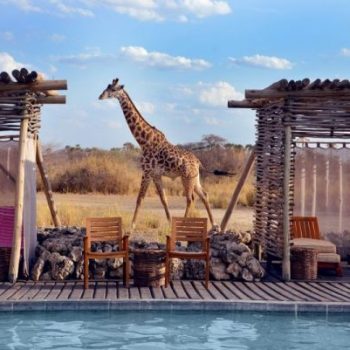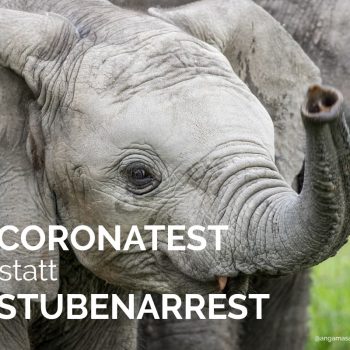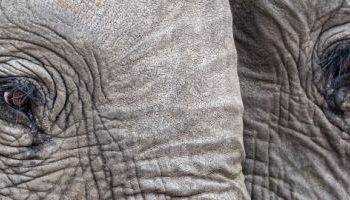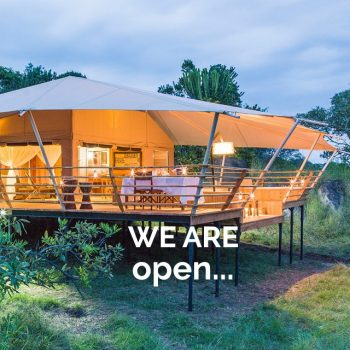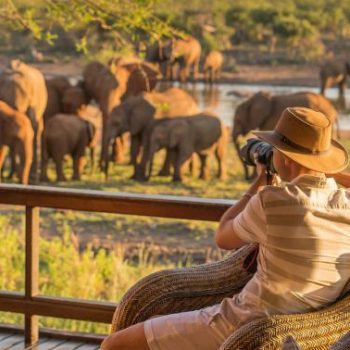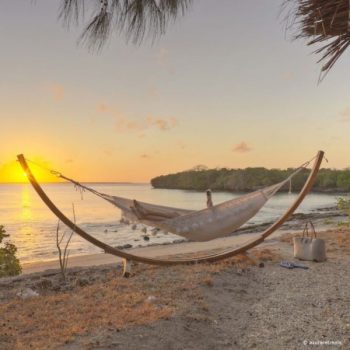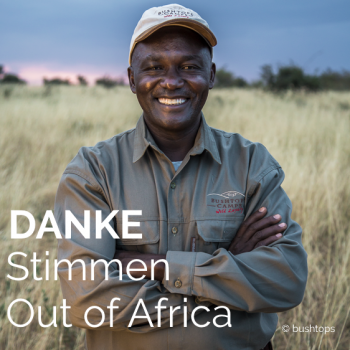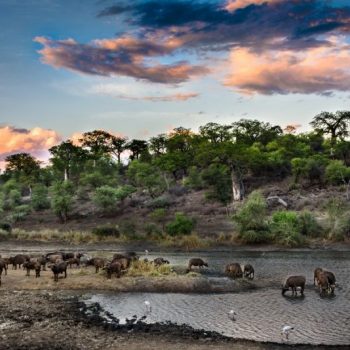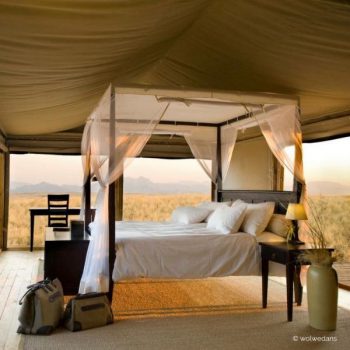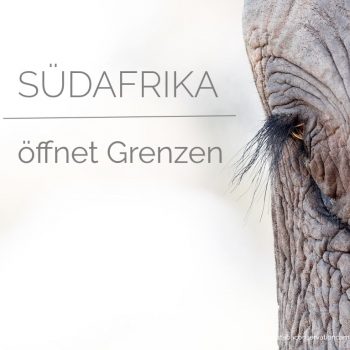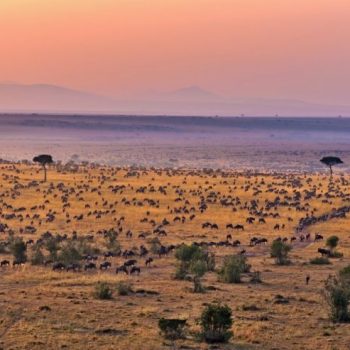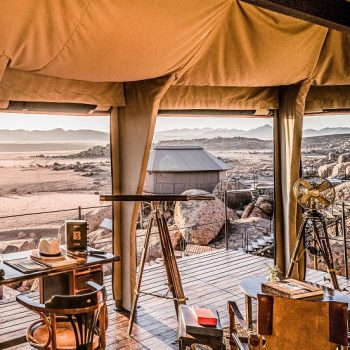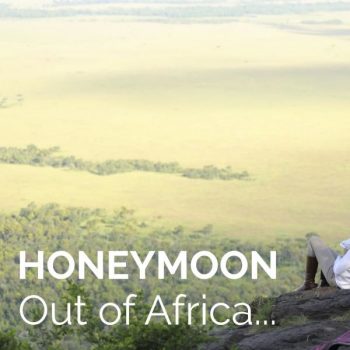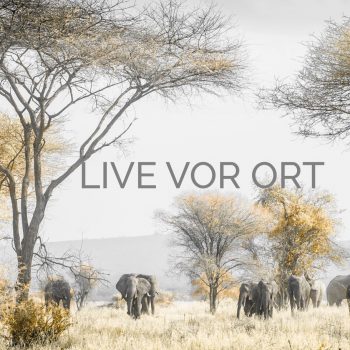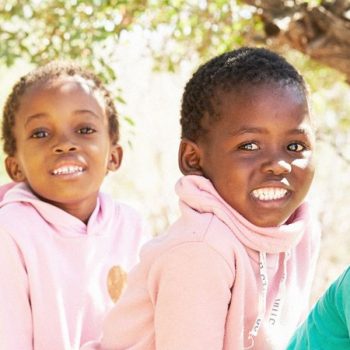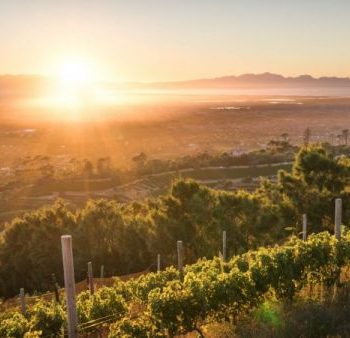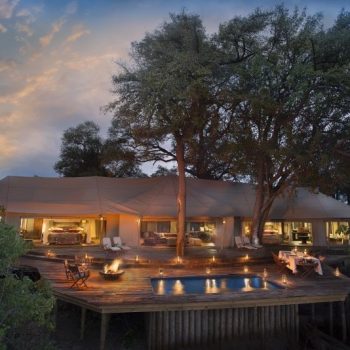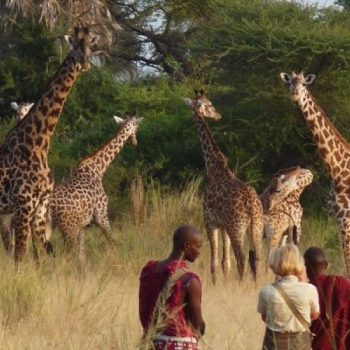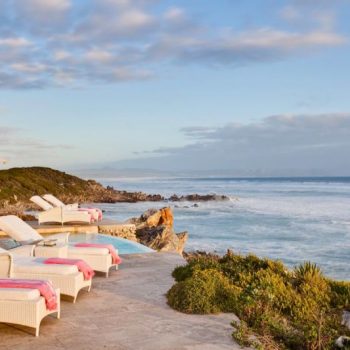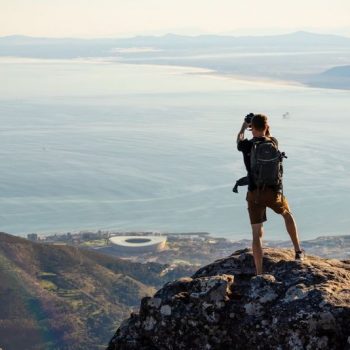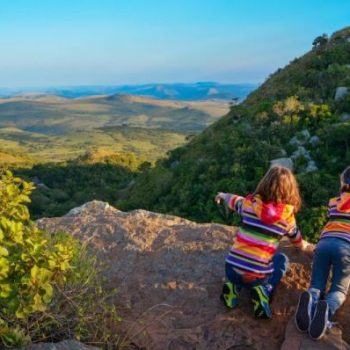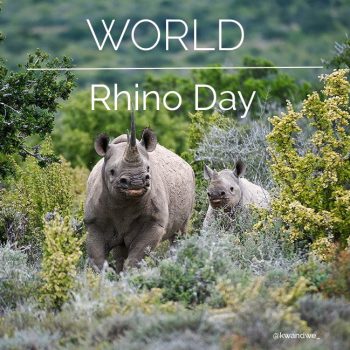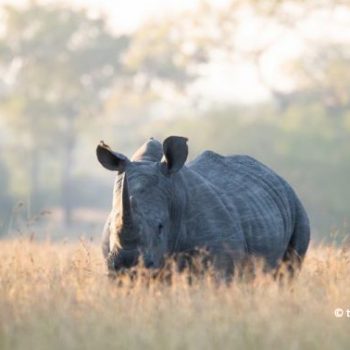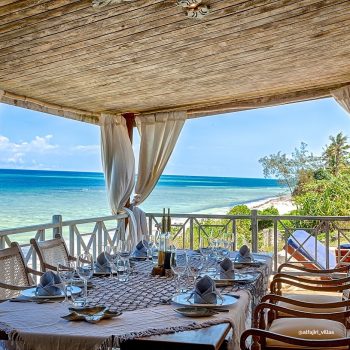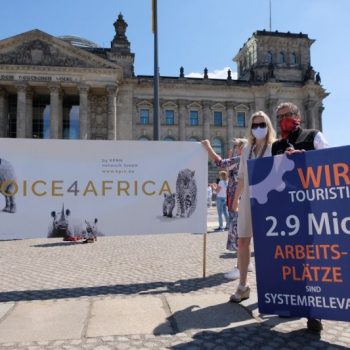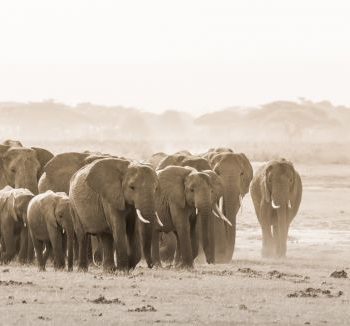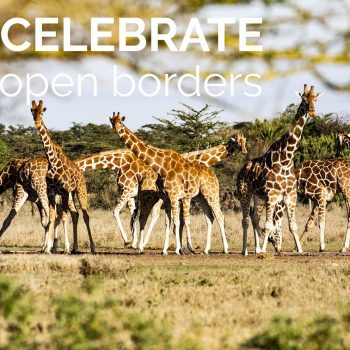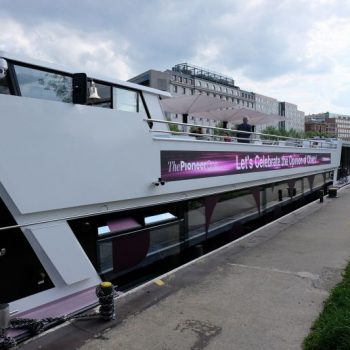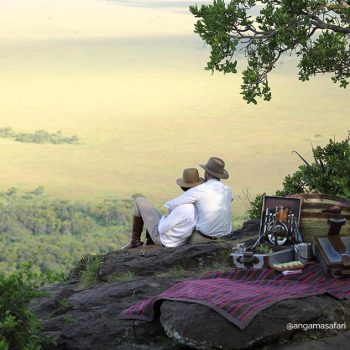An open letter to the European Commission (and all EU member countries) for
Africa’s wildlife, its rural communities and global climate change.
10th June 2020
Dear President von der Leyen
cc Mr Didier Reynders
Mrs Jutta Urpilainen
The National Governments of the countries within the EU
EU consumer laws and the case for a Sub-Saharan Africa cancellation fee amendment.
The signatories to this appeal (listed below), representing the vast majority of the Sub-Saharan
Africa tourism industry and their relevant NGOs are proposing one amendment to EU consumer
legislation that will help ensure that Africa’s parks and wildlife as well as the lives of impoverished
rural African communities are not disproportionally compromised when EU tourists cancel their
visits to Africa during pandemics, global financial upheavals or political disruption. Our rationale for
this proposal is explained under the following sections:
(I) Rural employment, poverty and poaching
(II) Biodiversity, Conservation and Climate Change
Employment in Sub-Saharan Africa’s rural areas, poverty and poaching:
Tourism is one of the most important industries in Africa that, prior to the pandemic, contributed
8.5% (or $194.2bn) of the continent’s GDP in 2018 according to the World Travel & Tourism Council
(WTTC). Safari and nature-based tourism is often the only employer of rural communities that live
in close proximity to Africa’s wildlife reserves and national parks. When a tourist elects to cancel
their holiday at such a time of crisis, and their deposits are repaid in full (as per current EU travel
legislation), many safari lodges, hotels and travel operators in Sub-Saharan Africa will struggle to
survive or go into liquidation. They will be unable to pay their lease fees, their park entry fees and
staff salaries. Those lease and park entry fees contribute significantly to the managing of Africa’s
parks and to the economy of neighbouring communities. Many of those community members rely
on lodges for employment and without it are left with no form of income at all.
In Sub-Saharan Africa, it is estimated on average that one rural worker supports as many as 10
family members. Without the means to buy food, they, their families and dependants will have
little option but to turn to poaching, whether it is for meat, or for financial gain. These are the same
people who know exactly where the rhinos, elephants and animals that could be killed for bush
meat are to be found. They could also be compelled out of necessity to cultivate land, harvest wild
flora unsustainably and expand pastures for livestock thereby adding pressure on the natural
environment. Simply put, if jobs are lost in the rural areas and revenues do not flow to local
communities, Sub-Saharan Africa will quickly lose a substantial amount of its wildlife and
wilderness. The wellbeing of many rural communities is inextricably linked to conservation and
both will suffer if tourism revenues do not flow to those communities.
EU nationals will be able to travel to Africa at sometime in the future, but if they elect to cancel
holidays instead of postponing, their contracted ‘non-refundable’ deposits (usually 20% of total
revenues) should continue to be paid to contribute to the survival of the continent’s parks and
impoverished rural communities. Without those cancellation fee revenues in times of distress,
many of Africa’s lodges and hotels will not survive to employ people, pay salaries, pay their lease
fees and contribute to the costs of running of Africa’s parks and reserves. For that reason, Sub-
Saharan Africa is asking for the one change to EU’s travel laws outlined below.
Climate Change and Biodiversity Conservation:
The messages to the world’s leaders at the 2020 Davos gathering were clear. Climate change is real;
time is not on our side and the challenge is immense. Sub-Saharan Africa’s wild places, its national
parks, reserves, forests, savannas, mangroves and soils are some of the most important carbon
sequesters on the planet that needs guaranteed long term protection for the benefit of everyone.
Governments, NGOs and conservationists in Sub-Saharan Africa have developed successful
approaches that protect much of the continent’s natural heritage in partnership with local
communities. What is clear is that without rural community support, Sub-Saharan Africa’s
wilderness areas are under severe threat.
Preserving and managing parks and reserves costs a substantial amount of money. Africa’s rapidly
rising populations have put enormous strain on local government’s spending priorities – health,
education, housing, administration, transport etc consume budgets. The funding shortfalls to
manage many of Africa’s parks are made up by tourism revenues and park fees. Tourism earnings
now contribute between 70% and 100% of management and conservation budgets needed to run
most parks and reserves around Africa. Without tourism’s jobs and revenues Sub-Saharan Africa’s
vast wildernesses will be under severe pressure. Their loss could be irreversible.
It is not often that going on holiday makes a traveller an effective climate change benefactor,
biodiversity conserver and park management funder, but that is indeed the case when people
travel to Sub-Saharan Africa today. This is a further reason why Sub-Saharan Africa is requesting the
EU Commission to propose one change to its consumer laws.
The requested change to EU Travel Law:
Current EU consumer law allows a tourist to cancel their safari holiday they booked to Africa and
receive a 100% refund on their deposit paid despite those funds being contracted as “nonrefundable”.
The Sub-Saharan African tourism industry is asking the EU Commission and EU
Governments to support the sustainability of Sub-Saharan African tourism by granting an
immediate exemption from EU consumer protection travel laws regarding cancellations by allowing
the EU Tour Operator the option to offer postponements or credits. That one change will help
ensure that European consumers continue to be protected, but revenues will still flow during times
of adversity to allow Africa’s national parks & reserves to continue to be managed and maintained.
And those revenues will help to reduce further rural community impoverishment with resultant
poaching, encroachment of wilderness areas and ultimately mitigate against climate change.
Summary:
We acknowledge that the world’s economies are under severe pressure during this corona virus
crisis and that people everywhere are struggling. However, it is still crucial to acknowledge that the
planet is facing a climate change crisis that will have a far greater long-term impact than the current
pandemic. The results of the pandemic on revenue loss into Africa’s parks and rural communities
will be devastating – many endangered species and ecosystems are already at the threshold of
extinction. Governments that back their citizen consumers at the expense of impoverished Sub-
Saharan African rural communities must realise that their current travel laws will create even
more poverty and starvation in these areas whilst some of Africa’s last remaining wildlife and
wilderness refuges could be gone forever. Furthermore, the EU Travel policy regarding
cancellations are working against and undermine many of the successful aid and development
programs that the EU currently finances throughout many parts of rural Africa. Increased poverty
could in turn trigger the next wave of economic refugees to the EU. All this can be avoided by one
simple amendment to current EU travel laws regarding cancellation policies by providing fair &
reasonable postponements or credits that will not adversely compromise the wellbeing of the EU
consumer.
We end with the UN Sustainability Goals laid out in 2015:
“We resolve, between now and 2030, to end poverty and hunger everywhere; to combat
inequalities within and among countries; to build peaceful, just and inclusive societies; to protect
human rights and promote gender equality and the empowerment of women and girls; and to
ensure the lasting protection of the planet and its natural resources. We resolve also to create
conditions for sustainable, inclusive and sustained economic growth, shared prosperity and decent
work for all, taking into account different levels of national development and capacities.
As we embark on this great collective journey, we pledge that no one will be left behind.
Recognizing that the dignity of the human person is fundamental, we wish to see the Goals and
targets met for all nations and peoples and for all segments of society. And we will endeavor to
reach the furthest behind first.”
Organisational Endorsements:
Botswana
HATAB: Hotel and Tourism Association of Botswana
EcoExist
Travel For Impact
Ethiopia
Tourism Ethiopia
Kenya
KATO: Kenyan Association of Tour Operators
Big Life Foundation
Maasai Wilderness Conservation Trust
Malawi
Malawi Tourism Council
Malawi Tourism Association
Mulanje Mountain Conservation Trust
Namibia
Namibian Tourism Board
Federation of Namibian Tourism Associations
Desert Lions Human Relations Aid
NamibRand Conservation Foundation
Rwanda
Chamber of Tourism Rwanda
South Africa
SATSA
TBCSA
WESGRO: Western Cape Tourism, Trade and Investment Promotion Agency
Animal Talk Africa
Baboon Matters
Ban African Trading
BloodLions.org
Cape Leopard Trust
Captured in Africa Foundation
Centre for Animal Rehabilitation and Education
Customary Khoisan Council
Elephants Alive
Rhino Revolution
Southern African Fight for Rhinos
Voice4Lions
WildlifeAct
Tanzania
Ministry of Natural Resources and Tourism
Hotels Association of Tanzania
Tanzanian Association of Tour Operators
Grumeti Fund
Grumeti Reserves
Uganda
Volcanoes Safaris Partnership Trust
Zanzibar
Kwanini Foundation
Zambia
Ecotourism Association of Zambia
COMACO: Community Markets for Conservation
Conservation Lower Zambezi
Conservation Southern Luangwa
Zimbabwe
Zimbabwe Tourism Authority
TBCZ: Tourism Business Council of Zimbabwe
The Zimbabwe Tour Operators Association
Safari Operators Association of Zimbabwe
African Wildlife Foundation
African Bush Camps Foundation
Malilangwe Trust
Mother Africa Trust
Gonarezhou Conservation Trust
Pan-Africa or International NGOs, Associations and Foundations
African Parks Network
Arbeitsgemeinschaft Südliches und Östliches Afrika eV (ASA)
For the Love of Wildlife
International Anti Poaching Foundation
Future 4 Wildlife
Global White Lion Protection Trust
Natural Selection Trust
Panthera Africa
SpaceforGiants.org
VOICE4AFRICA
WildAid Southern Africa
Wilderness Trust
Coordinated by Colin Bell colinbell@iafrica.com


